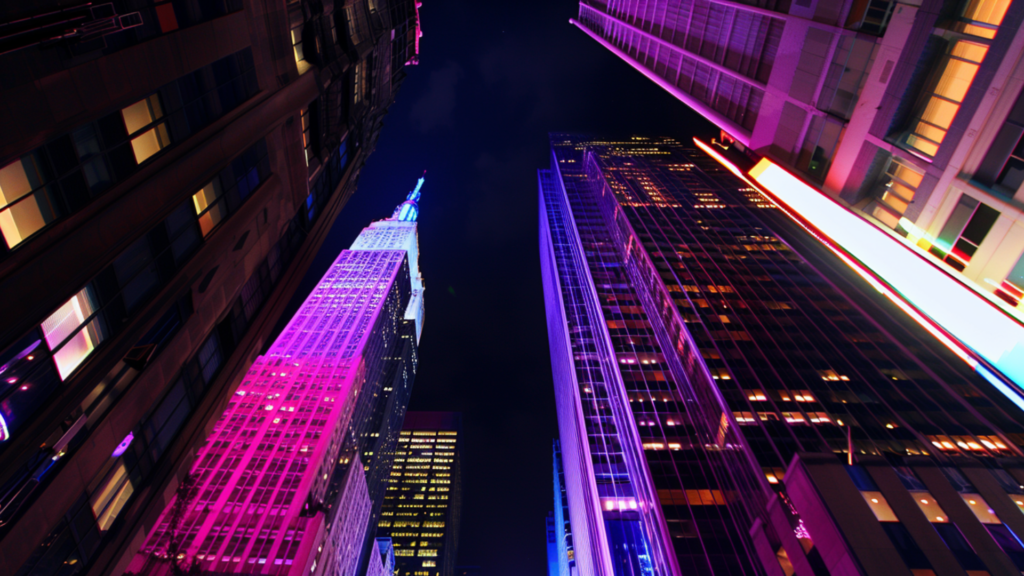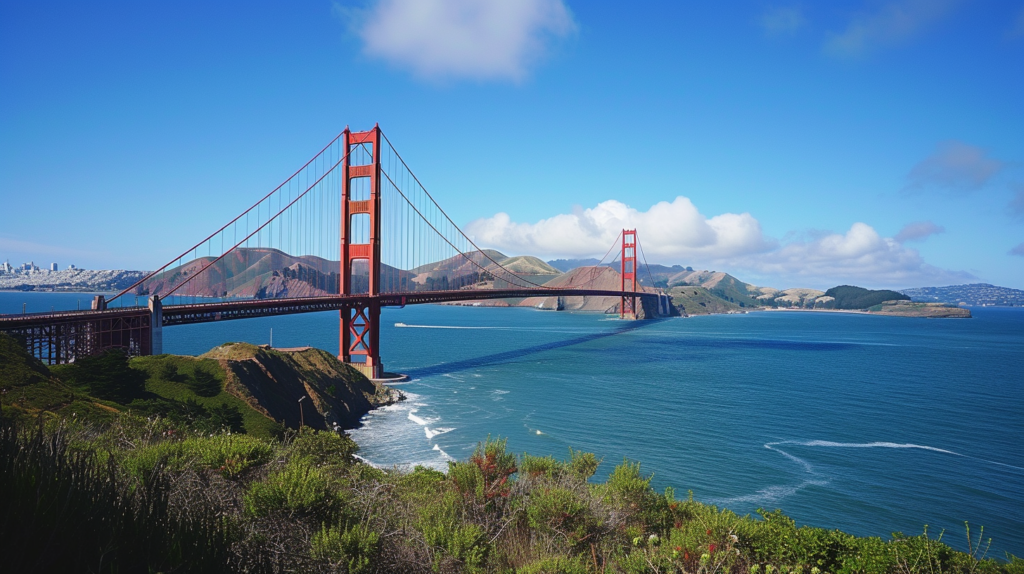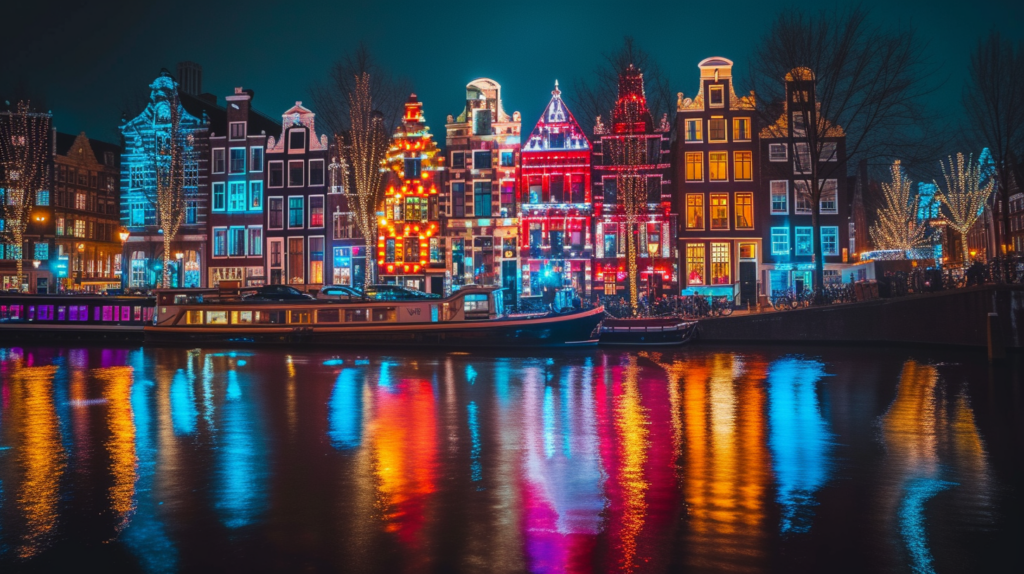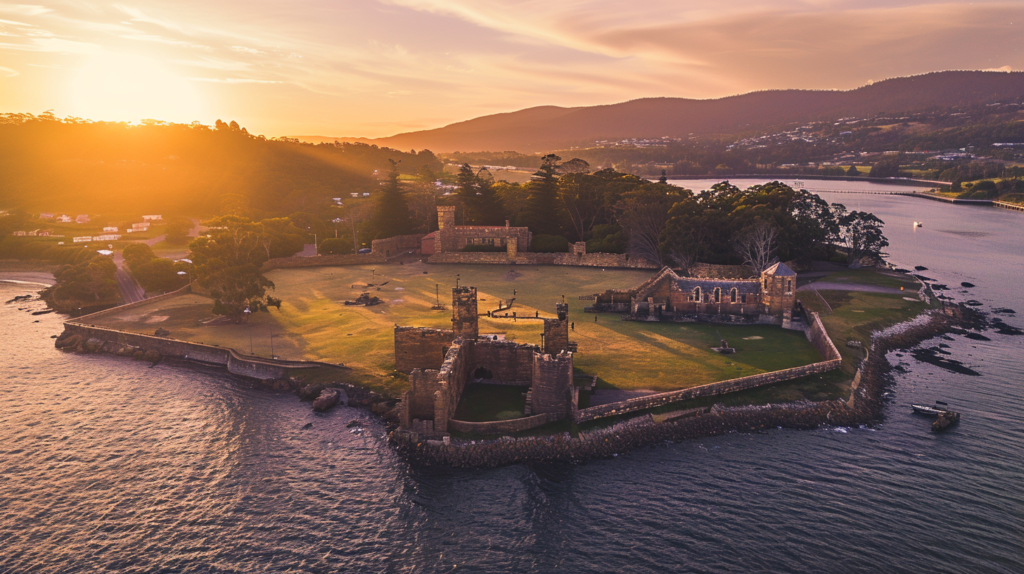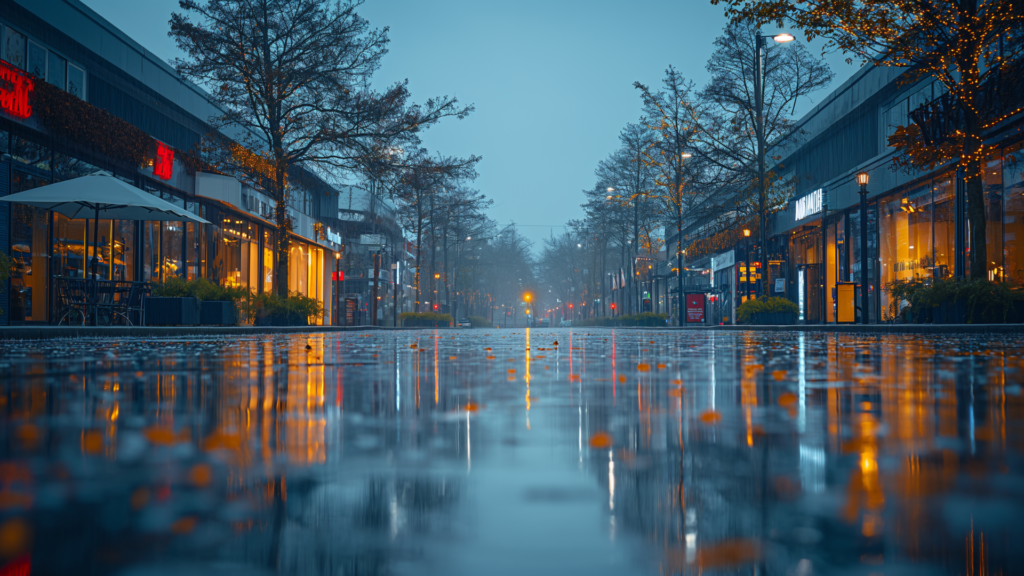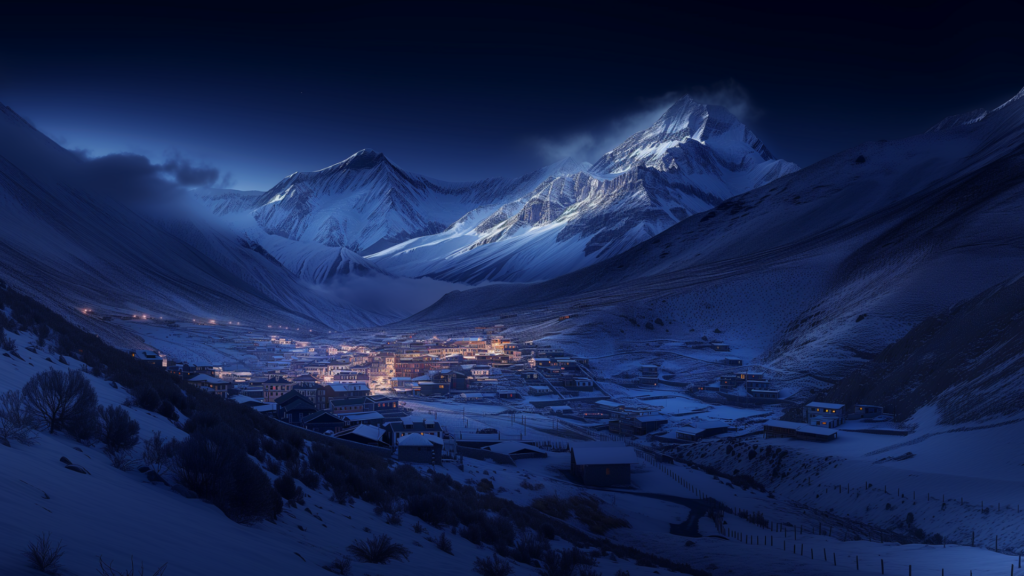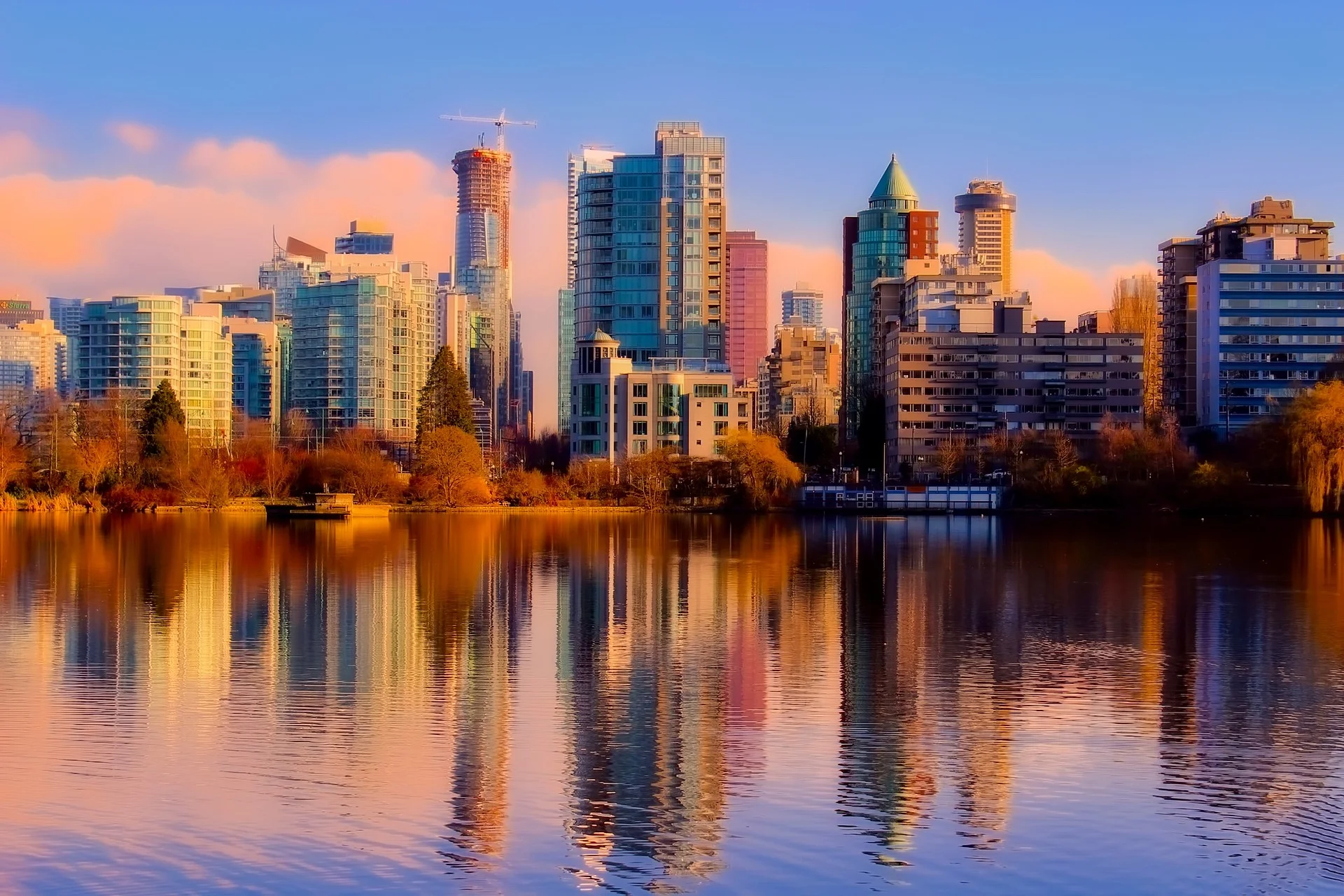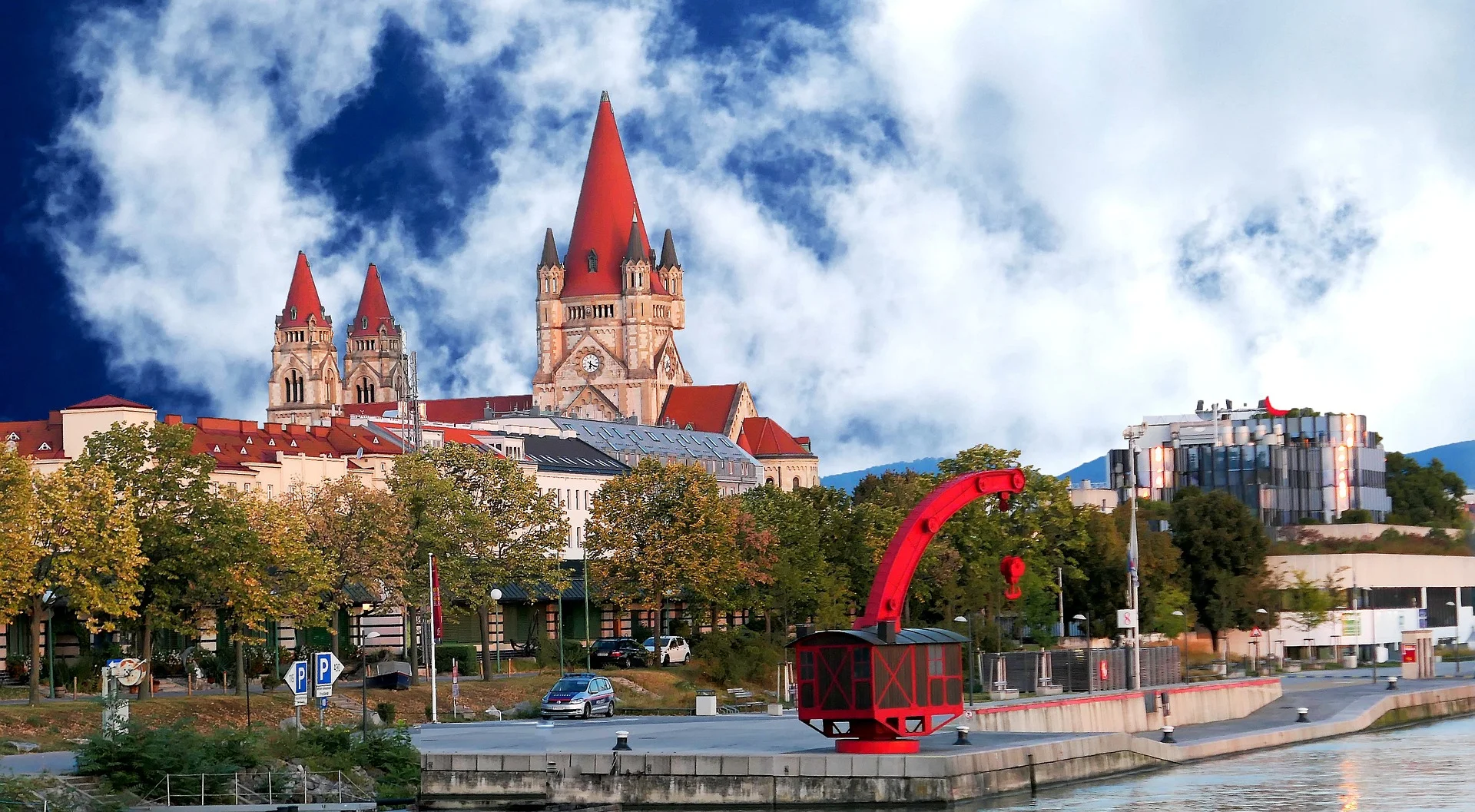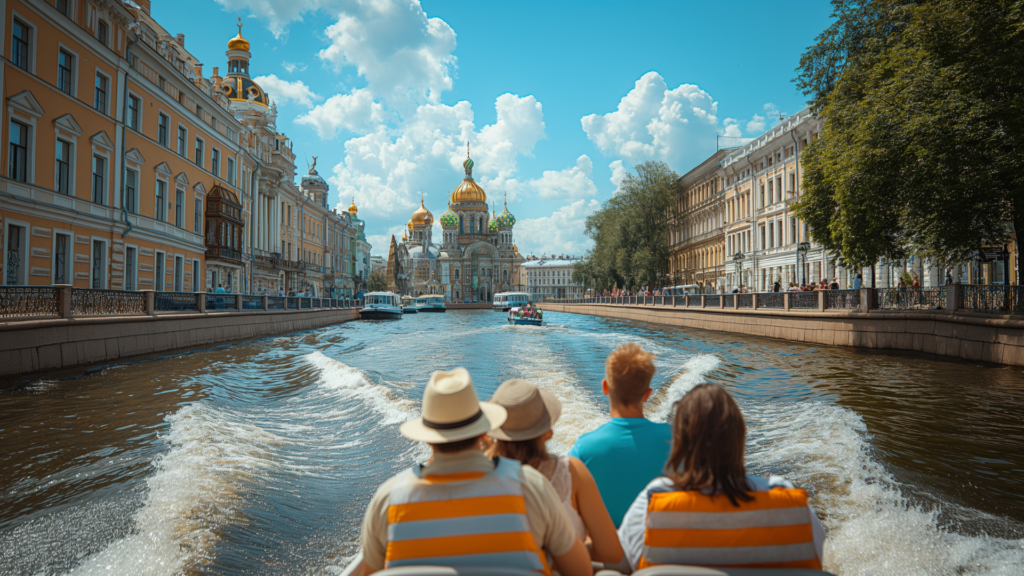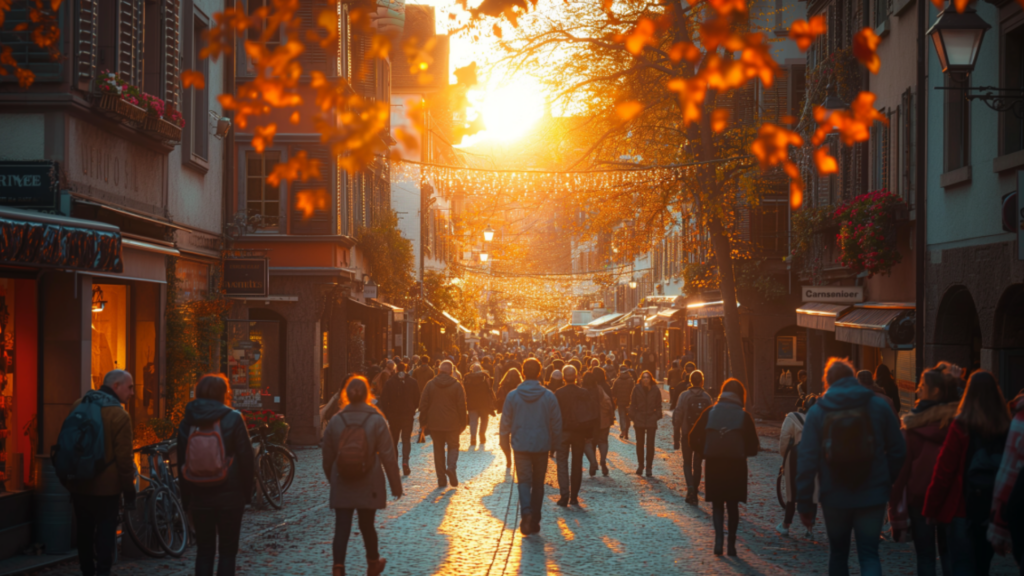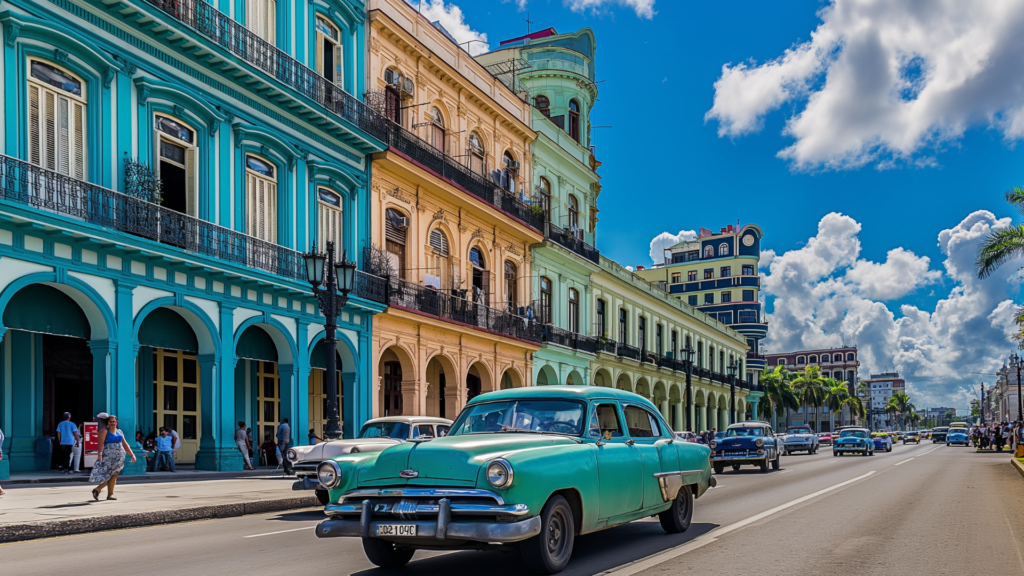What is This City Knows?
This City Knows is your go-to source for exploring and understanding the world's most captivating destinations. We offer a wide range of travel essentials, city guides, and resources to help travelers discover the beauty and diversity of top cities around the globe. From urban escapes and beach vacations to exotic locations and bucket list travel, we cater to various trip preferences and lifestyles. By providing insights into each destination's local customs, attractions, and unique experiences, This City Knows aims to inspire, educate, and transform travel experiences for everyone.
What is This City Knows?
This City Knows is your go-to source for exploring and understanding the world's most captivating destinations. We offer a wide range of travel essentials, city guides, and resources to help travelers discover the beauty and diversity of top cities around the globe. From urban escapes and beach vacations to exotic locations and bucket list travel, we cater to various trip preferences and lifestyles. By providing insights into each destination's local customs, attractions, and unique experiences, This City Knows aims to inspire, educate, and transform travel experiences for everyone.
What is your inspiration for This City Knows?
Driven by our passion for discovery and adventure, This City Knows is inspired by the stories and experiences of avid travelers worldwide.
We believe in the power of travel to encourage, educate, and transform. Like any other journey, ours began with a simple yet novel idea: to create a space where the beauty and diversity of the world are right at your fingertips. Whether you're seeking the tranquility of lakes and mountains, the excitement of urban escapes, or the allure of exotic locations, our carefully curated sections and features cater to every travel dream.
What is your inspiration for This City Knows?
Driven by our passion for discovery and adventure, This City Knows is inspired by the stories and experiences of avid travelers worldwide.
We believe in the power of travel to encourage, educate, and transform. Like any other journey, ours began with a simple yet novel idea: to create a space where the beauty and diversity of the world are right at your fingertips. Whether you're seeking the tranquility of lakes and mountains, the excitement of urban escapes, or the allure of exotic locations, our carefully curated sections and features cater to every travel dream.
Does This City Knows provide personalized travel recommendations?
Currently, we provide curated content that aims to help travelers such as travel essentials, city guides, and other resources based on trends and data from our partner travel websites. However, we understand that travel is not “one-size-fits-all.” That’s why we’ve segmented everything we know about travel into practical categories, including: Beach & Ocean, Weddings & Honeymoons, Outdoor & Adventure, Tropical Destinations, Bucket List Travel, and more. Each of these sections is designed to ignite your imagination, give you a sneak peek at what great discoveries are in store, and showcase the vast travel experiences you could easily tap into.
Of course, we’ve also designed our platform to inform and inspire you to explore more—and turn your travel inspos into exciting itineraries. Soon, we aim to level things up and take into account actual travel dates, specific destinations, budget allocations, and other specific travel needs to provide travelers with more tailored recommendations.
Does This City Knows provide personalized travel recommendations?
Currently, we provide curated content that aims to help travelers such as travel essentials, city guides, and other resources based on trends and data from our partner travel websites. However, we understand that travel is not “one-size-fits-all.” That’s why we’ve segmented everything we know about travel into practical categories, including: Beach & Ocean, Weddings & Honeymoons, Outdoor & Adventure, Tropical Destinations, Bucket List Travel, and more. Each of these sections is designed to ignite your imagination, give you a sneak peek at what great discoveries are in store, and showcase the vast travel experiences you could easily tap into.
Of course, we’ve also designed our platform to inform and inspire you to explore more—and turn your travel inspos into exciting itineraries. Soon, we aim to level things up and take into account actual travel dates, specific destinations, budget allocations, and other specific travel needs to provide travelers with more tailored recommendations.
I noticed some information that seems outdated in one of your guides. Is there a process for submitting updates or corrections to travel information featured on This City Knows?
Yes, and we appreciate the feedback we get from our readers! This helps us ensure our travel guides are as accurate and helpful as possible.
If you've encountered such outdated information, please reach out to us through the "Contact Us'' section of our website. Please include the following: “Correction/Update for Guide's Title” as the ‘Subject,’ the link to the article/travel guide/resource, and the specific information you believe needs updating, plus a link to a resource or data. Our team reviews all submissions, and works tirelessly to verify and incorporate accurate updates promptly.
With that, thank you for helping us improve This City Knows. Your contributions help us maintain the quality and reliability of our travel resources.
I noticed some information that seems outdated in one of your guides. Is there a process for submitting updates or corrections to travel information featured on This City Knows?
Yes, and we appreciate the feedback we get from our readers! This helps us ensure our travel guides are as accurate and helpful as possible.
If you've encountered such outdated information, please reach out to us through the "Contact Us'' section of our website. Please include the following: “Correction/Update for Guide's Title” as the ‘Subject,’ the link to the article/travel guide/resource, and the specific information you believe needs updating, plus a link to a resource or data. Our team reviews all submissions, and works tirelessly to verify and incorporate accurate updates promptly.
With that, thank you for helping us improve This City Knows. Your contributions help us maintain the quality and reliability of our travel resources.
How does This City Knows ensure the accuracy and reliability of its travel guides and resources?
This City Knows prioritizes the accuracy and reliability of its travel guides through research and the utilization of trends and data collected from our partner travel websites. We also collaborate with micro-influencers, local experts, and travel writers who possess firsthand knowledge of the destinations. These contributors provide us and our followers with up-to-date, detailed insights based on their experiences and continuous research.
Additionally, we regularly review and update our content to reflect changes concerning travel advisories, local attractions, and services, ensuring travelers receive the most current information that can help them plan their trips effectively.
How does This City Knows ensure the accuracy and reliability of its travel guides and resources?
This City Knows prioritizes the accuracy and reliability of its travel guides through research and the utilization of trends and data collected from our partner travel websites. We also collaborate with micro-influencers, local experts, and travel writers who possess firsthand knowledge of the destinations. These contributors provide us and our followers with up-to-date, detailed insights based on their experiences and continuous research.
Additionally, we regularly review and update our content to reflect changes concerning travel advisories, local attractions, and services, ensuring travelers receive the most current information that can help them plan their trips effectively.
How can I stay updated with the latest travel tips and destinations featured on This City Knows?
To stay updated with the latest travel tips and destinations featured on This City Knows, we encourage you to follow our social media accounts and bookmark our home page. While we are planning to offer newsletter subscriptions in the future for direct updates right to your inbox, our social media platforms are currently the best way to keep up with new content, insights, and travel inspiration. This way, you won't miss out on any of the valuable information we share to enhance your travel experiences.
How can I stay updated with the latest travel tips and destinations featured on This City Knows?
To stay updated with the latest travel tips and destinations featured on This City Knows, we encourage you to follow our social media accounts and bookmark our home page. While we are planning to offer newsletter subscriptions in the future for direct updates right to your inbox, our social media platforms are currently the best way to keep up with new content, insights, and travel inspiration. This way, you won't miss out on any of the valuable information we share to enhance your travel experiences.



